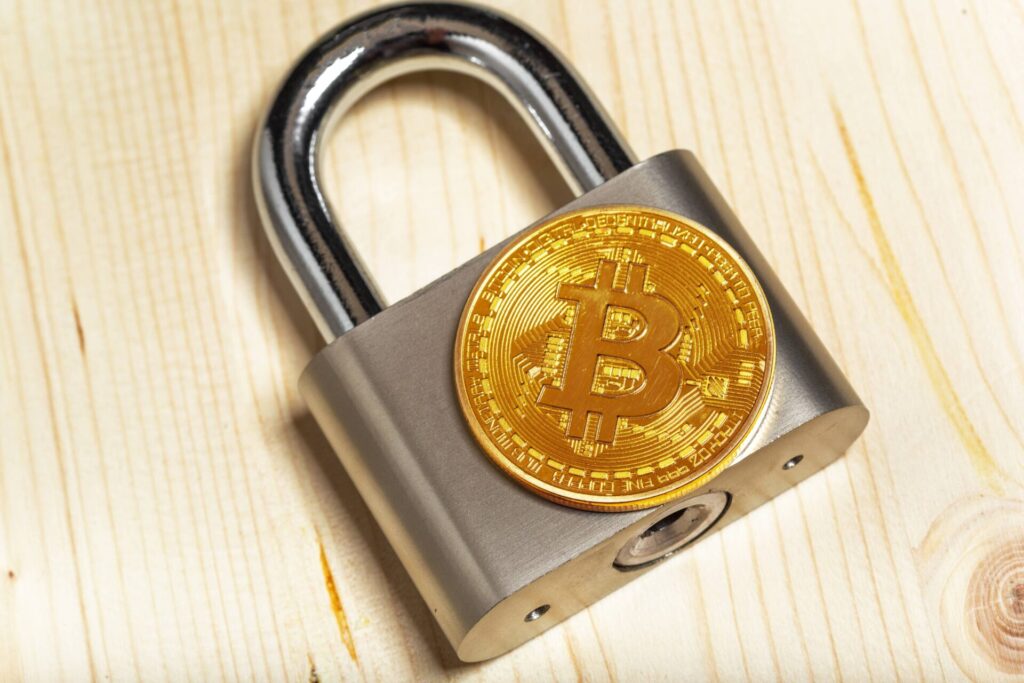As the global cryptocurrency market matures, governments and regulatory agencies are taking clearer positions on how digital finance should operate and Nigeria is no exception.
The Securities and Exchange Commission (SEC) has officially commenced regulatory oversight of crypto-related businesses in Nigeria. This move represents a turning point in the country’s digital finance ecosystem: a shift from informality to structured governance.
Among the core compliance requirements now mandated by the SEC is the conduct of background checks, a practice that, until now, was often overlooked in the fast-moving world of blockchain innovation.
In this post, we explore:
- Why background checks are now critical for crypto companies
- What exactly is expected under the new SEC regulation
- The risks of non-compliance
- How 360 Verify helps you meet and exceed regulatory expectations
Nigeria’s Crypto Regulation: A New Era
Crypto adoption in Nigeria is among the highest globally. From decentralized finance (DeFi) platforms to peer-to-peer exchanges and blockchain startups, Nigerian innovators are helping shape the global crypto narrative.
But with rapid growth comes risk — fraud, money laundering, identity theft, and unvetted partnerships. To mitigate these risks and safeguard consumers, the SEC released a set of guidelines outlining how crypto service providers should operate legally in the country.
These include:
- Mandatory registration with the SEC
- Proof of risk management frameworks
- KYC/AML compliance measures
- Background checks on founders, directors, key personnel, and third-party partners
These guidelines signal the SEC’s intention to ensure only credible, compliant players are allowed to operate in the sector.

Why Background Checks?
Background checks are no longer a best practice, they’re now a regulatory requirement.
The purpose is to:
- Ensure institutional integrity: By screening founders, directors, and staff for criminal or fraudulent histories.
- Prevent regulatory breaches: By identifying politically exposed persons (PEPs) or sanctioned individuals.
- Verify legitimacy: Through validation of academic credentials, employment history, and business affiliations.
- Support trust-building: Both with regulators and investors.
As per global standards (like those from the FATF and IOSCO), background checks play a central role in:
- Anti-money laundering (AML)
- Counter-terrorism financing (CTF)
- Corporate governance compliance
The SEC’s requirement aligns Nigeria’s crypto industry with these international standards.
What Kind of Background Checks Are Required?
The SEC has not issued a checklist for background checks, but based on global compliance frameworks, crypto companies are expected to conduct:
1. Criminal Record Checks
To detect any prior convictions related to fraud, cybercrime, money laundering, or other financial offenses.
2. Identity Verification (KYC)
Ensuring the legitimacy of identity documents and flagging inconsistencies in identity profiles.
3. Employment & Academic Verification
Confirming the work and educational history of founders, executives, and employees to validate their claimed experience.
4. Politically Exposed Persons (PEP) Screening
To determine if an individual holds (or has held) public office, which introduces heightened risk.
5. Sanctions & Watchlist Checks
Cross-referencing individuals and entities with local and global sanctions databases.
6. Reputational Risk Assessment
Monitoring news sources, litigation records, and online behavior to detect red flags like fraud involvement or unethical conduct.
The Risks of Non-Compliance
The stakes are high.
Crypto companies that fail to comply with the SEC’s requirements could face:
- Denial or revocation of operating licenses
- Reputational damage that deters investment
- Loss of access to institutional partnerships and banking services
- Heavy regulatory penalties and legal liabilities
- Audits and investigations that drain resources
Furthermore, a single compliance failure can trigger scrutiny across your entire operation — from hiring to partner relations.
How 360 Verify Helps Crypto Companies Stay Compliant
At 360 Verify, we don’t just run checks — we build confidence.
We provide crypto-focused background verification services that are:
- Fast: Reports ready in 24–72 hours
- Customizable: Tailored to match your risk level and operational needs
- Global: Access to international databases for identity, criminal, and sanctions checks
- Audit-Ready: Documentation suitable for SEC inspections or license applications
- Secure: Compliant with Nigeria Data Protection Regulation (NDPR)
We serve a range of clients, from early-stage blockchain startups to established fintech players entering the crypto space. If you want to carry out a background check for crypto companies or any other type of background check, contact 360 Verify.
Final Thoughts: Regulation Is Not the Enemy — It’s the Opportunity
The SEC’s new regulation may seem like a hurdle, but it’s actually a gateway to legitimacy, scalability, and global partnership.
In a trust-driven economy, transparency is a currency. And the companies that invest in compliance will be the ones that thrive long-term.
At 360 Verify, we’re proud to support Nigeria’s crypto ecosystem with tools that make due diligence efficient and reliable.
